Winter Haircare Tips for Amazing Hair Texture

Winter can be tough on your hair, with dry, cold air and indoor heating sapping moisture and leaving strands looking and feeling lifeless. The dry, cold air outside can strip your hair of its natural oils, making it more prone to breakage and split ends. Indoor heating can also contribute to dry, damaged hair by removing moisture from the air and dehydrating your hair. These harsh winter conditions can leave your hair feeling dry, brittle, and lifeless, making it more prone to damage. To keep your hair healthy and nourished during the winter, it’s essential to follow a good hair care routine and use products specifically formulated to protect and nourish your hair.
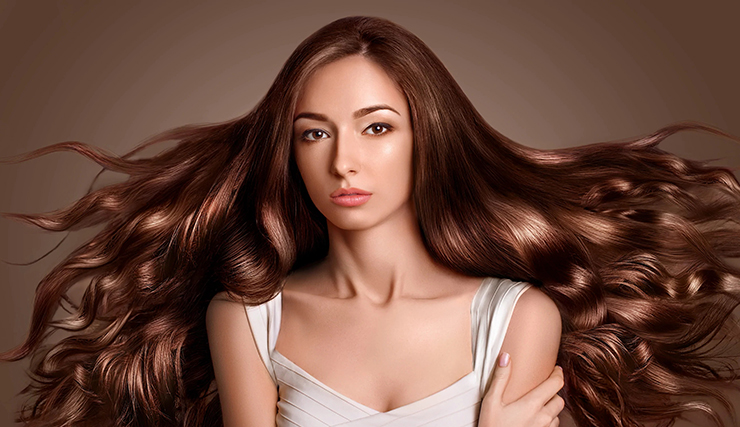
To keep your hair healthy and beautiful all winter long, follow these hair care tips:
Eat properly: eating a healthy and balanced diet is essential for achieving great hair texture and beautiful hair. Hair is made up of a protein called keratin, and a lack of protein in the diet can lead to weak, dull, and brittle hair. In order to maintain strong and healthy hair, it is important to get enough protein in your diet through sources such as eggs, fish, poultry, and beans. In addition to protein, the hair also requires other nutrients such as iron, zinc, and vitamins A and C to stay healthy. These nutrients can be found in a variety of foods such as leafy green vegetables, nuts, and citrus fruits. By eating a varied and nutritious diet, you can help to ensure that your hair gets the nutrients it needs to stay strong and beautiful.
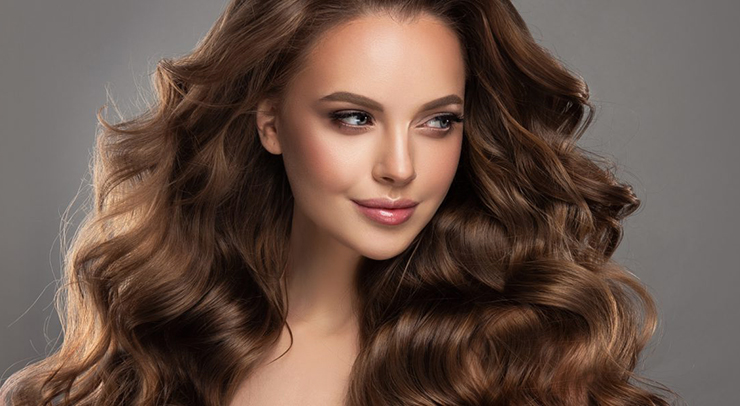
Use a humidifier: indoor heating can strip the air of moisture, leaving your hair dry and brittle. To combat this, use a humidifier in your home to add moisture back into the air and keep your hair hydrated.
Protect your hair from the cold: Covering your hair during winter can help protect it from the damaging effects of cold air. When the air is cold, it can strip your hair of its natural oils, leaving it dry, brittle, and prone to breakage. Covering your hair can help to retain the moisture in your hair, keeping it hydrated and healthy. There are many ways to cover your hair during the winter months, including wearing a hat, a scarf, or a hood. All of these options can help to protect your hair from the cold and keep it looking its best.
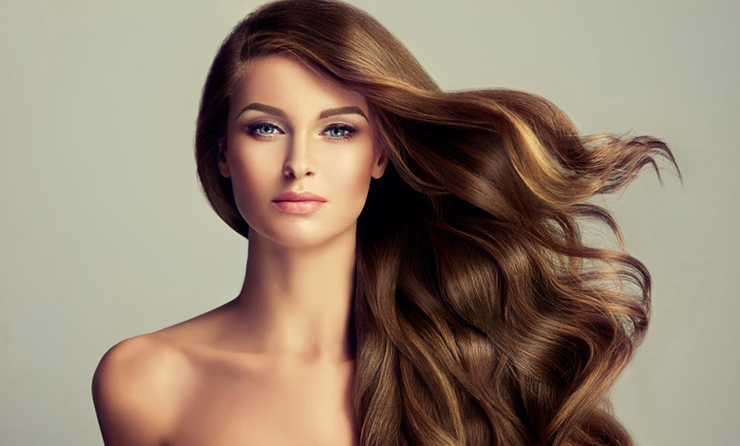
Brush your hair twice a day: the best is to brush your hair every morning and evening with natural wild boar bristles, it’s your first beauty gesture, and your brush must become your best hair friend. It cleans the scalp like the hair: the brush strokes eliminate dust and pollen. True ecological gesture, it allows spacing of the shampoos. It distributes the sebum from the root to the ends. It restores the shine and avoids the effect of fat roots and dry ends. It strengthens the scalp by activating the micro-circulation and facilitating the absorption of nutrients. It brings volume by aerating the hair and avoiding the knots. It can penetrate the hair particularly thick.
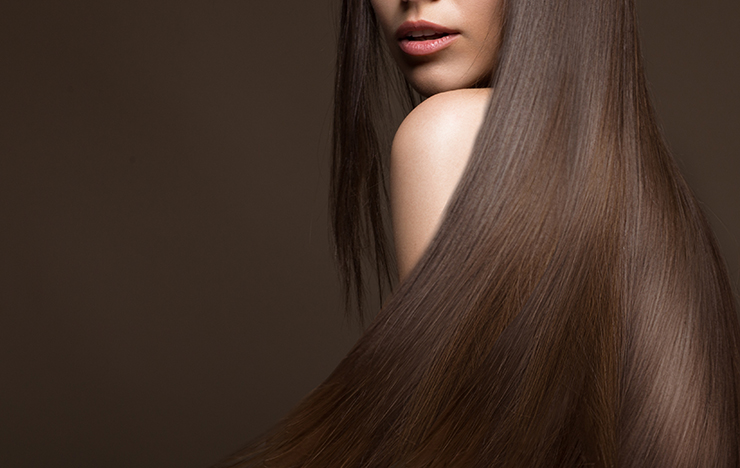
Wash your hair less often: washing your hair too frequently can strip it of its natural oils and sebum, leaving it dry and damaged. In the winter, try to limit washing your hair to once or twice a week, and use a moisturizing shampoo and conditioner to keep your hair hydrated. Remember, sebum is the best friend of your scalp and fibre, and it’s missing it leaving hair and skin dry and brittle. Also, use a deep conditioning treatment to help repair and nourish your hair. Look for products that contain the most natural ingredients, to help moisturize and protect your hair. Try using a deep conditioning treatment once a week.
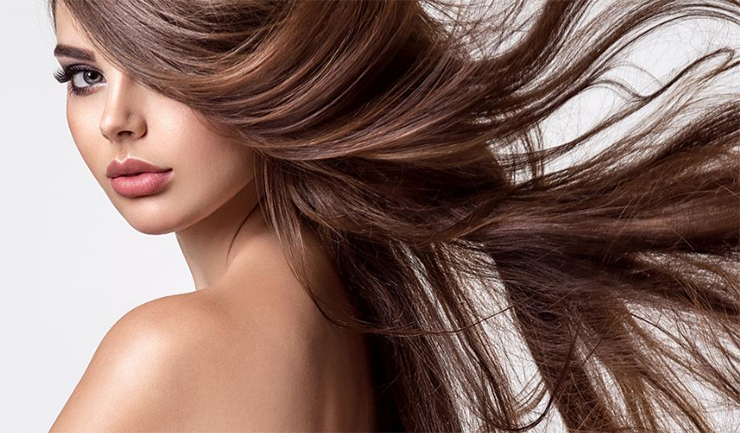
Avoid heat styling: if possible, try to air dry your hair or use a cold setting on your blow dryer to minimize heat damage. but when you need to style your every day for your job or to get a fashion look for a party, be sure to use a heat protectant spray before the styling and a few drops of hair oil to protect and nourish.

Trim your hair: trimming your hair regularly is an important part of maintaining healthy hair. While it may seem counterintuitive to cut off your hair to keep it healthy, regular trims can actually help improve the overall health of your hair. When you trim your hair, you are removing split ends and damaged hair, which can prevent breakage and split ends from working their way up the hair shaft. This helps to keep your hair looking and feeling healthy and strong. In addition, regular trims can help to improve the appearance of your hair, giving it a more polished and well-maintained look. To keep your hair healthy, it’s generally recommended to get a trim every 6-8 weeks, or as needed to maintain the health and appearance of your hair.
Olivier Lebrun

